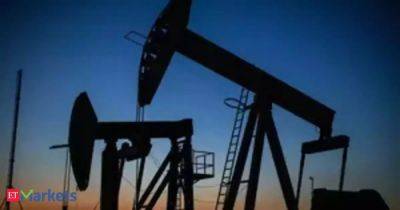China’s clean-tech success isn’t entirely because of statist policy
There’s a comforting but erroneous explanation for why solar panels, home batteries and electric vehicles (EVs) are increasingly likely to be made in China. With an economy awash in easy money, its renewable manufacturers are undercutting rivals across the world; ergo, China’s comparative advantage isn’t scale, cost efficiency or innovative prowess, but cheap government subsidies. In the EV industry “everybody has an endless supply of loans and support from the local government," the Financial Times quoted Jörg Wuttke, former president of the European Union Chamber of Commerce in China, as saying in a recent article.
This theory provides a justification for trade restrictions. If Chinese manufacturers survive on government cash, there’s no way overseas rivals can compete. Tariffs and other hurdles should keep out their products and give homegrown competitors a chance.
It’s true that swathes of China’s economy really do run this way. In the middle of the 2010s, all-but-forgotten Dalian Wanda, Anbang Insurance, HNA Group and Fosun went on a multi-billion-dollar shopping spree for foreign companies. The bursting of that bubble prompted another to inflate in real estate.
Its bursting has hit property developers Evergrande, Country Garden Holdings and China Vanke. You can see the pattern in the published accounts of Fosun, which is divesting businesses amid a credit squeeze. It spent a net 112 billion yuan on acquisitions and other investments over the decade through June 2023, but generated 65 billion yuan in operating cash-flows.
Read more on livemint.com






















